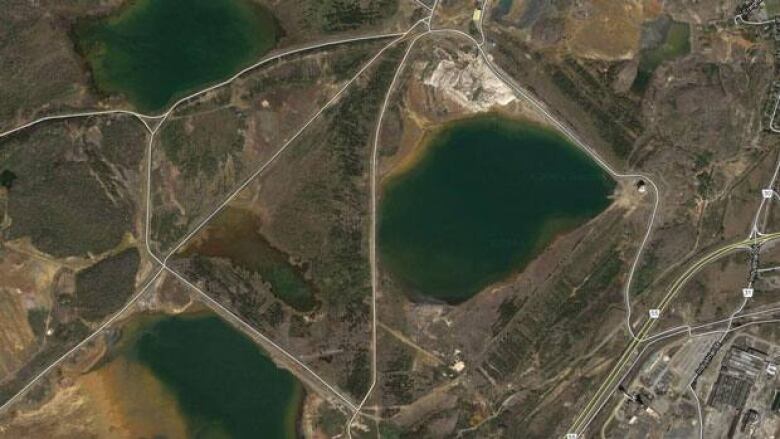Sudbury to firm up sludge plant deal in 2012
Venture could involve public-private partnership

FAQ - Biosolids Management Project
What is a Biosolids Management Facility?
A Biosolids Management Facility processes sewage sludge, which is a normal end product of the sewage treatment process, to create a product with low odour potential and little environmental impact. Biosolids Management Facilities use a heat and/or chemical process to kill harmful organisms called pathogens present in untreated sewage sludge. The process being considered by the City of Greater Sudbury will produce a Class A Biosolids product, suitable for long-term disposal or as a soil amendment product for various purposes.
Why does Greater Sudbury need a Biosolids Management Facility?
The municipality has been using tailings ponds near Lively for over 30 years as a disposal site for waste activated sludge from its wastewater treatment facilities. While this was once an acceptable practice, changing environmental standards and recurrent episodes of foul odour have made this disposal method unsustainable. The City is required to cease using the tailings ponds for disposal purposes after 2012.
How much will it cost to build a Biosolids Management Facility?
The City of Greater Sudbury has studied various options for sludge management through a number of processes, including a Master Plan Environmental Assessment. It has been determined that the preferred alternative is to build a Biosolids Management Facility at the Sudbury Wastewater Treatment Plant on Kelly Lake Road. Total projected costs to construct the treatment facility are estimated to be in the range of $30 to $40 million.
Source: City of Greater Sudbury
One of the biggest decisions facing Sudbury city council in the New Year will deal with hiring a private company to build and operate a public facility. It's a plant for processing sewage sludge sludge that for decades, has been dumpedin a tailings pond owned by Vale,near Lively.
The city is looking for a company to build the biosolids plant, which may cost as much as $40 million.
The plant, which would also be run by the same company, would be in operation for the next 20 years. It is estimated that three workers at the plant would not be public servants.
But that is not what concerns Rick Leroux,who's with the Candian Union of Public Employees, which represents municipal workers in Greater Sudbury.
"There's no transparency or accountability to the public," Leroux said. "You have a private, for-profit company running a plant on taxpayers dollars."
Leroux said the city should instead look for public-public partnerships with neighbouring cities and towns.
The federal government has committed $11 million to the plant, based on it being a public-private partnership.
But Sudbury city councillor Frances Caldarelli said it isn't a done deal.
"We haven't absolutely decided whether we go public-private, but I think that will likely happen," she said.
That decision is expected to come early in the New Year.
The city is aiming to start construction in the spring and have the plant ready in time to meet Vale's deadline.
The mining company keeps pushing back the date when it will stop letting city trucks onto its property.
The deadline has been extended to the end of October 2013.












_(720p).jpg)


 OFFICIAL HD MUSIC VIDEO.jpg)
.jpg)



























































































